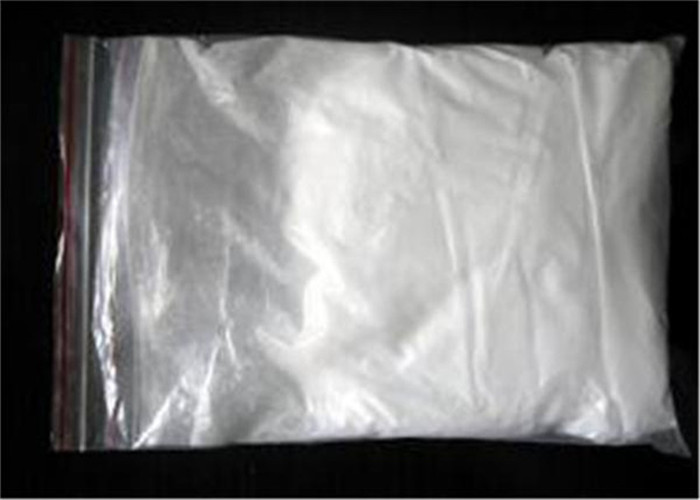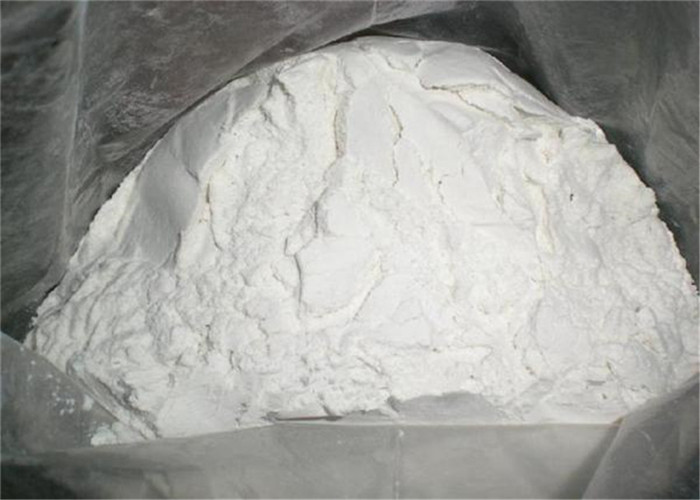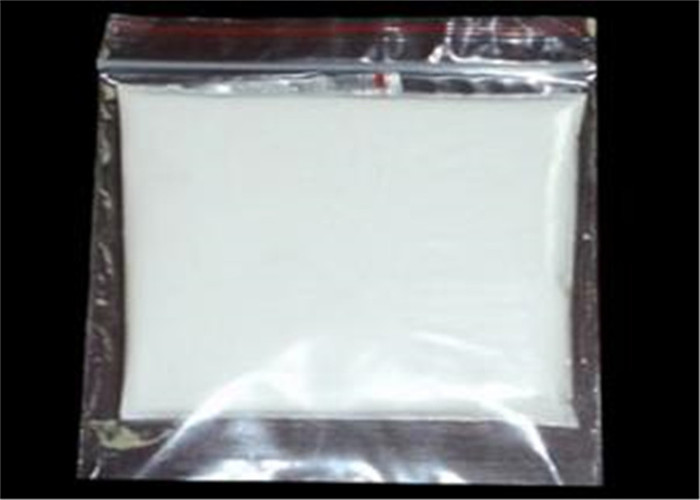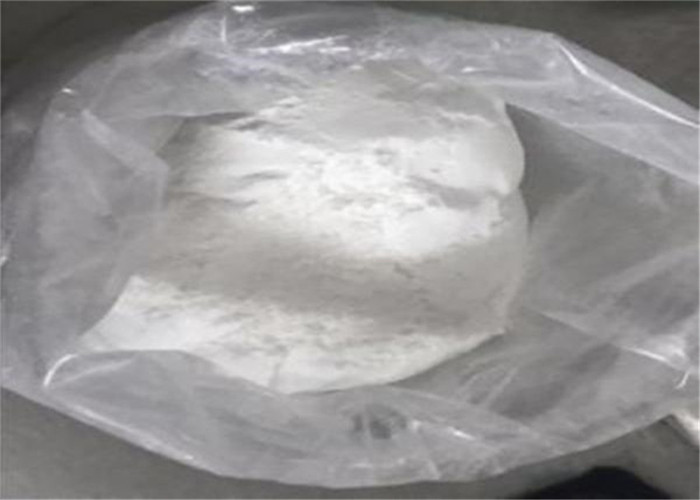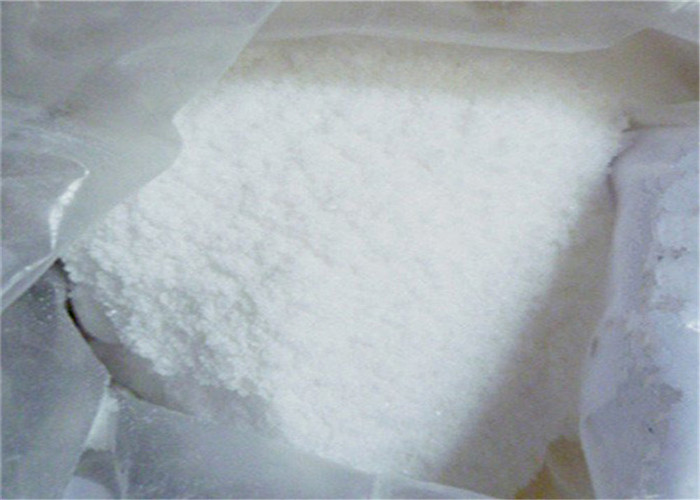Supply High Quality Pharmaceutical Nootropic Powder Magnesium L-Threonate CAS:778571-57-6
Basic info:
Product Name:L-Threonic acid magnesium salt
CAS:778571-57-6
MF:C8H14MgO10
MW:294.49576
Mol File:778571-57-6.mol
Introducation:
| Name |
Magnesium L-Threonate |
| Other name |
L-Threonic acid magnesium salt |
| Formular |
C8H14MgO10 |
| molecular weight |
294.49576 |
| Appearance |
White or almost white powder |
| Assay |
≥99% |
| Identification |
IR spectrum of sample corresponds to that of reference standard |
| Appearance of solution |
Clear |
| Grade Standard |
Food Grade, Medicine Grade |
| PH |
5.8-7.0 |
| Heavy metals |
10ppm Max |
| Type |
Vitamins, Amino Acids and Coenzymes |
| Usage |
Animal Pharmaceuticals |
| Water solubility |
Soluble |
| Loss on drying |
≤1.0% |
Application:
Magnesium deficiency afflicts a large percentage of the human population; American women in particular only consume 68% of the recommended amount of magnesium per day. This is a problem because magnesium is a key nutrient for ensuring that the brain operates at maximum capacity. This compound is able to influence memory and learning by enhancing synaptic plasticity.
Magnesium deficiency, on the other hand, is associated with memory impairment, slower recovery after brain trauma, and accelerated aging within the brain. Magnesium is also notoriously difficult to elevate within the brain, even with direct supplementation.
Thankfully, researchers at MIT discovered that Magnesium L-Threonate is able to maximize the amount of magnesium your brain can absorb. Not only that, researchers noted Magnesium L-Threonate improved both short term and long term memory.
Function:
Magnesium (Mg) plays an essential role in supporting cognitive function and brain health.
The primary benefit of Magnesium L-Threonate is an improvement in memory. It is able to enhance synaptic density and plasticity as well as increase the overall number of neurotransmitter release sites within the brain.
This supplement is also able to improve spatial memory. In one rat study, working memory improved by 13% after 24 days of taking Magneisum L-Threonate. After 30 days of supplementation, aged rats were able to perform at the same level as their younger counterparts.
This means that while this supplement is able to enhance cognitive function in both youthful and aged subjects, it improved more so for the elderly. In fact, aged rats saw an improvement rate of 19%, which is significant when compared to the 13% improvement in younger rats. Given that elderly populations are more likely to be afflicted with memory loss, this supplement carries powerful implications for aging individuals.
Magnesium deficiencies are also linked to irregular heartbeat, a condition which careful supplementation can alleviate. Finally, magnesium supplements are widely used as a sleep aid. The mineral is a natural muscle relaxer which can also calm the brain at bedtime, making it an effective cure for insomnia as well as Restless Leg Syndrome.


